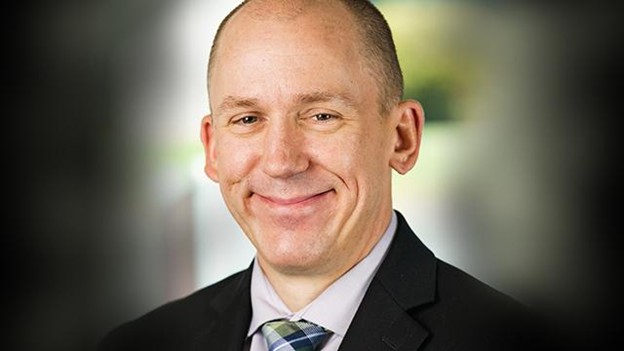When Donnie McMillan Jr. founded DaBella in 2011, he didn't just envision creating another home improvement company—he aimed to build an organization that would transform lives. Throughout the company's growth to 57 locations across 22 states, McMillan has maintained an unwavering commitment to providing second chances and creating pathways to success for individuals who might otherwise be overlooked.
A Second Chance Philosophy
At the core of McMillan's approach is a deeply held belief that everyone deserves an opportunity to succeed, regardless of their background or formal credentials. "We're a second chance company for a lot of people," McMillan states directly in his interview, highlighting how this philosophy shapes DaBella's recruitment and development practices.
This commitment stems from McMillan's own background. "My family had nothing," he explains, reflecting on his personal journey from modest beginnings to business leadership. This experience has fostered an authentic understanding of the transformative power of opportunity—knowledge that now guides his approach to building his workforce.
Looking Beyond Traditional Credentials
Unlike many organizations that prioritize formal education or extensive experience, McMillan focuses on finding people with determination and character. "The company collects a lot of people... We don't require experience, we'll train that for you," he explains, emphasizing DaBella's willingness to invest in individuals who might be overlooked elsewhere.
McMillan elaborates on this approach: "These are the people who couldn't make it through college, could do this type of stuff." Rather than viewing this as a limitation, he recognizes the untapped potential in individuals who may lack traditional credentials but possess the drive to succeed.
Transformation Through Opportunity
The impact of this approach is evident in the lives transformed at DaBella. McMillan describes the remarkable journeys he witnesses: "Literally a year later... he's got his own house now, some car, you know, and stuff like that."
This transformation extends beyond material possessions to creating genuine financial stability. "One of the stats we track is how many people make over a hundred thousand dollars a year," McMillan reveals, demonstrating his commitment to not just providing jobs but creating pathways to financial security and prosperity.
The growth trajectories within DaBella are designed to be rapid and accessible. "The ability to be promoted very quickly—you start here, this, if you start here 12 months from now, you should be in leadership somewhere," McMillan explains. "That's entry-level leadership. Within 2 years, you're probably running something, within 3 years, you're probably running a division somewhere."
Success Stories from the Beginning
This commitment to creating second chances has been part of DaBella's DNA from its earliest days. Among the 12 employees who helped McMillan start the company, five remain with the organization today. McMillan proudly notes their trajectory: "All of them are now well over 6 figure incomes. When we started, I was paying $12/hour.”
These success stories exemplify McMillan's belief that with the right opportunity and support, people can transform their lives. "It doesn't matter where you start. It matters where you finish," he emphasizes, a philosophy that permeates DaBella's culture.
Building Systems for Growth
McMillan's approach to creating second chances isn't merely aspirational—it's systematized throughout the organization. The Qualified Remodeler profile notes that "DaBella uses personality tests to develop career paths for its workers, who understand what they need to do to move up in the business."
This structured approach ensures that opportunities for advancement are transparent and accessible. As McMillan explains in the profile: "All of our people know no matter where they start, they could be a general manager, they could be the CMO—they could be whatever they want."
Leadership Through Influence
A key element of McMillan's second-chance strategy is his emphasis on character and leadership potential. "We only like [to hire] people who want to lead through influence—which means you've got to be a good person, and people have to want to follow you," he explains.
This focus on character over credentials creates opportunities for individuals who demonstrate integrity and the ability to inspire others, regardless of their formal background or experience.
Remembering Roots
McMillan's commitment to creating second chances stems from a deep sense of gratitude and perspective. "Never forget," he says emphatically, reflecting on his understanding of struggle. "Because big companies get in trouble, when they forget what their employee goes through. They forget what their customer's going through. And that's not a thing here."
This perspective keeps DaBella's culture grounded in empathy and opportunity. "Look, you know, it wasn't for this person who hired me. I wouldn't be able to do this with my family," McMillan says, articulating the sentiment that drives the company's commitment to second chances.
At DaBella, Donnie McMillan Jr. has built more than a successful business—he's created a vehicle for transformation, offering individuals the opportunity to rewrite their stories through hard work, growth, and leadership. His second-chance strategy has not only changed lives but has also built a foundation for sustainable business success through a loyal, motivated, and diverse workforce.














